Sissy’s Story: What My Dog Taught Me About Healing and Connection
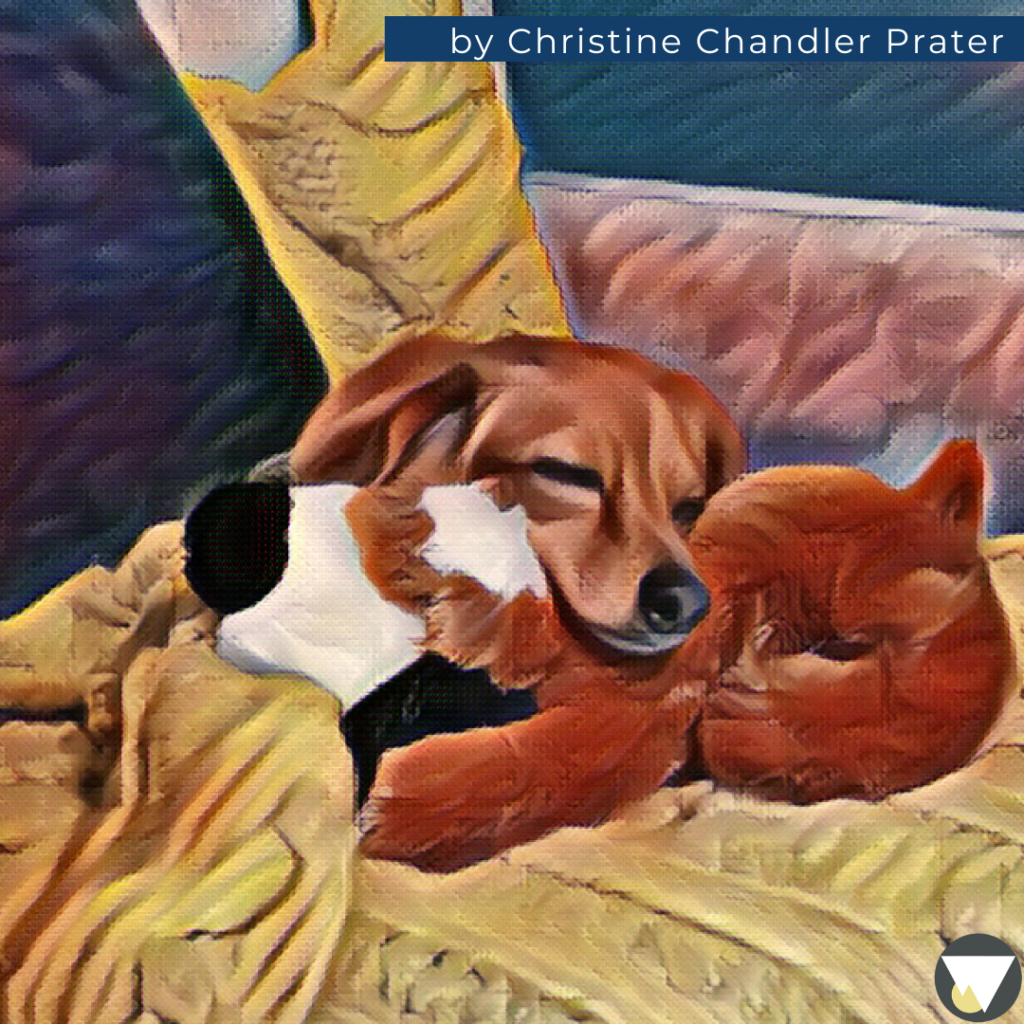
THE BACKSTORY
They found Sissy in a gas station parking lot in Nuevo Laredo. No mama dog in sight, she and her litter-bro were banged up, terrified, and utterly alone. They had likely been attacked by another dog, as the other pup’s little eyeball was hanging out and later had to be removed.
They were only four weeks old.

Whoever rescued them named them Izzy and Leroy and arranged for a dachshund rescue group to foster them while they spent the next few weeks healing up. We had recently lost our other doxie, Macy, and I was on the hunt for a small furry thing to cuddle and spoil rotten. Izzy’s story caught my eye on a rescue org post, and because of some major overcrowding in shelters and foster homes, she came to us weeks earlier than most placements happen. (You’ll be glad to know that Leroy is fine and living his best life in a Dallas suburb now.)
We switched the name Izzy for Annie (because dogs should be named after your favorite pubs in Colorado,) and on the drive back to our house from picking her up from her foster family, she craned her tiny fuzzy head around and locked eyes with me. Hard. For an unnervingly extended period, which is highly unusual for a puppy. At the time, I thought it was precious. When I got her home, it became painful.
THE UNPLEASANT SURPRISE
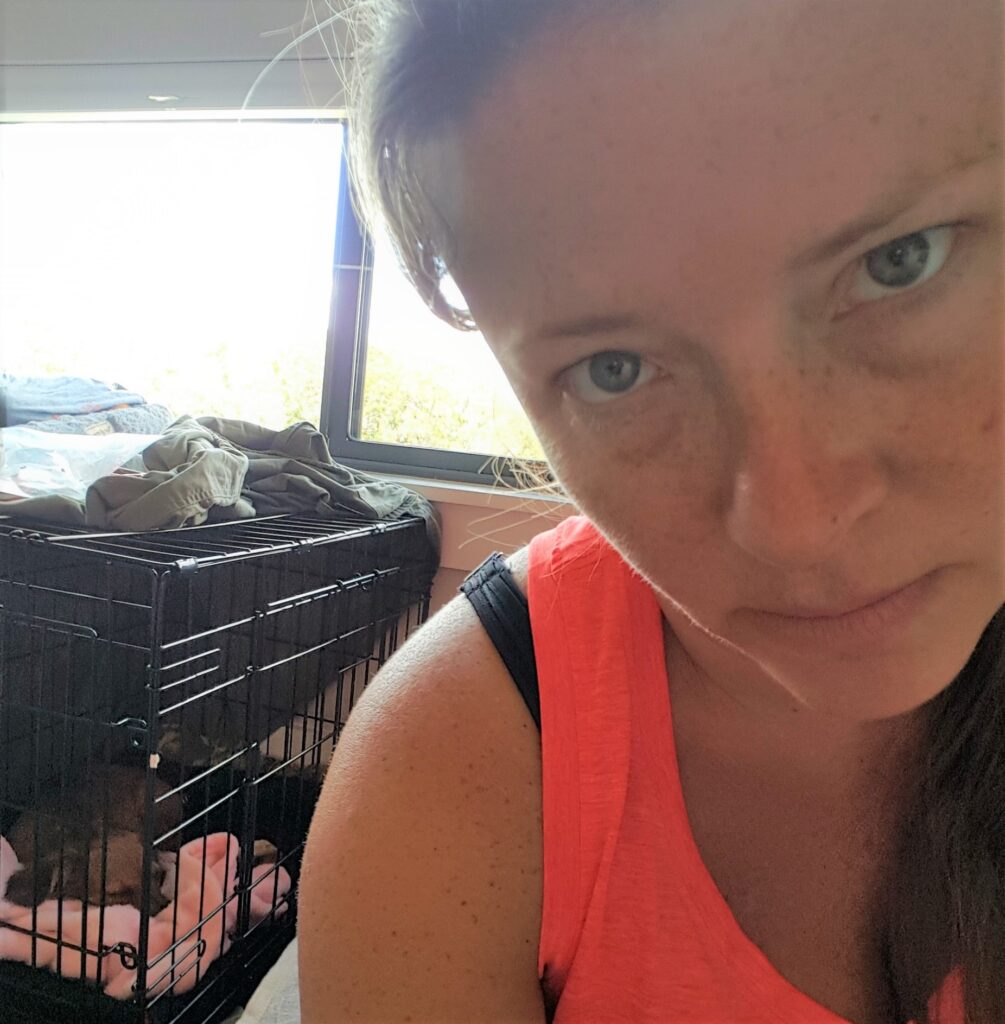
The separation anxiety was instantaneous and intense. It wasn’t just that she wanted to be with me, it was that she would hyperventilate and lose control of her bowels if I left the room for more than 15 seconds. We did everything we could think of to ease her transition—consulting with 3 trainers and utilizing all the best tricks—to nearly no avail. Y’all. I literally carried that puppy in my purse for 22 straight days and slept on the couch with my hand in her crate for 21 agonizing nights. (Mad respect for you mamas of newborns.)
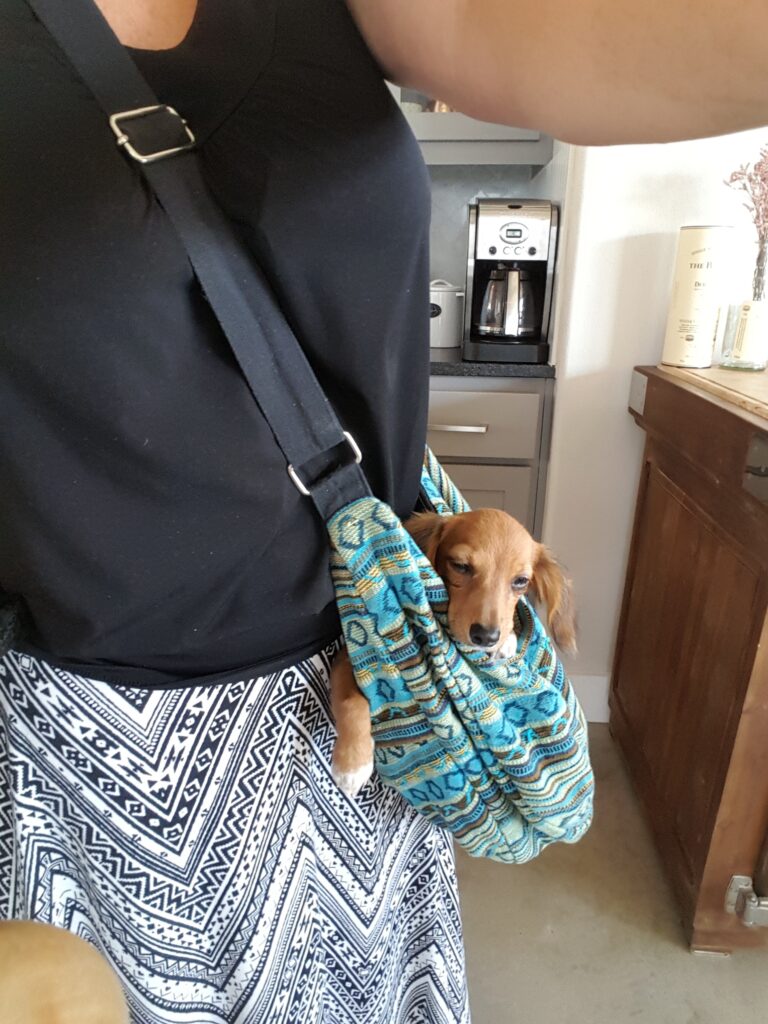
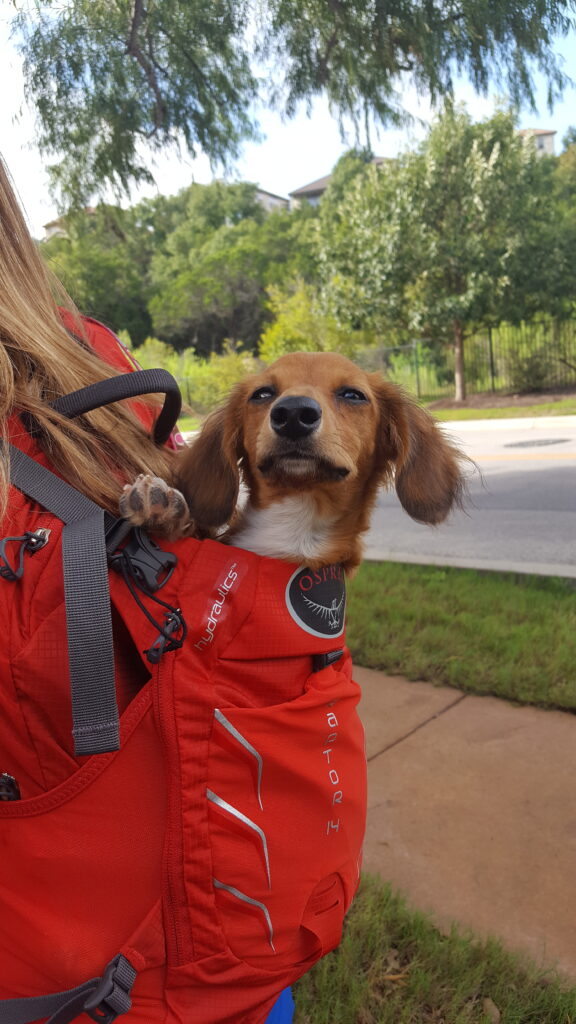
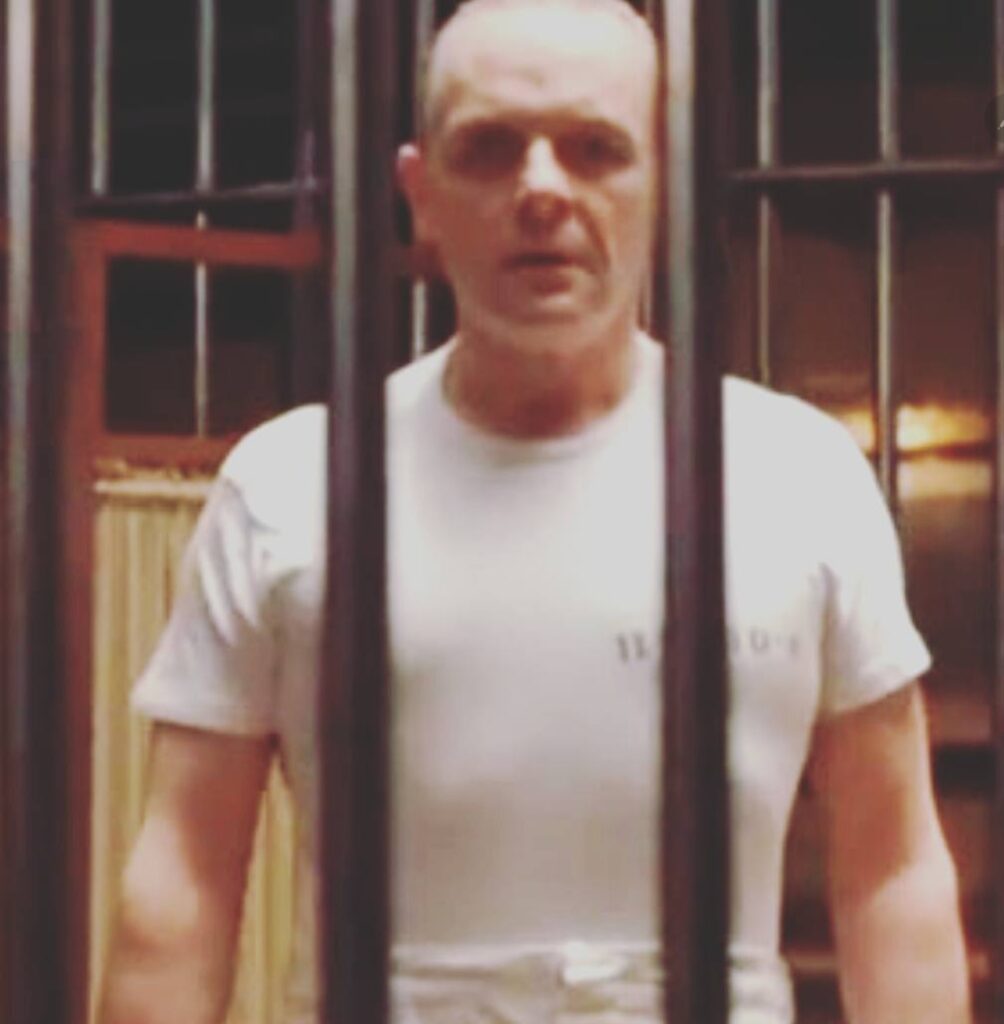
Annie earned the nicknames “Hanni-Annie-McFannie” and “Sissy-McPissy,” (“Hanni” being a quaint nod to Hannibal Lecter due to her propensity to act like she would eat the face of any stranger that dared enter her immediate space. “McPissy” seems self-explanatory.)
Eventually, we graduated to my being away for small chunks of time, thanks to three things:
- 1) Good old-fashioned time and training
- (2) Her blooming bond with our sweet lab, Woody, thus earning him the nicknames “Bubby The Great” and “Saint Woodrow” for his valiant endurance.
- (3) Snuggle Puppy, which is a little stuffed doggy with a battery-powered heartbeat contraption in his tummy that she lugged around and slept with every night.
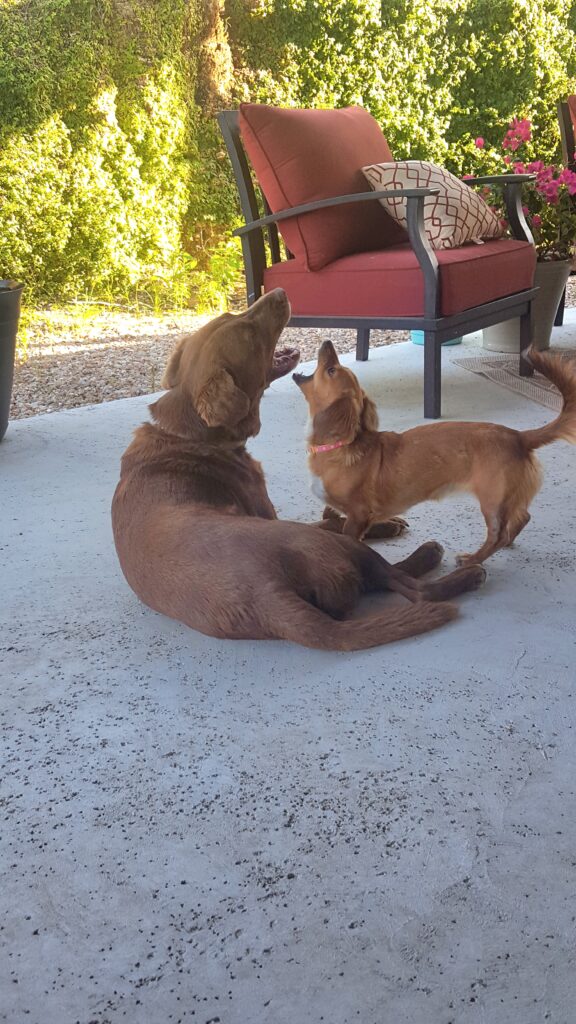
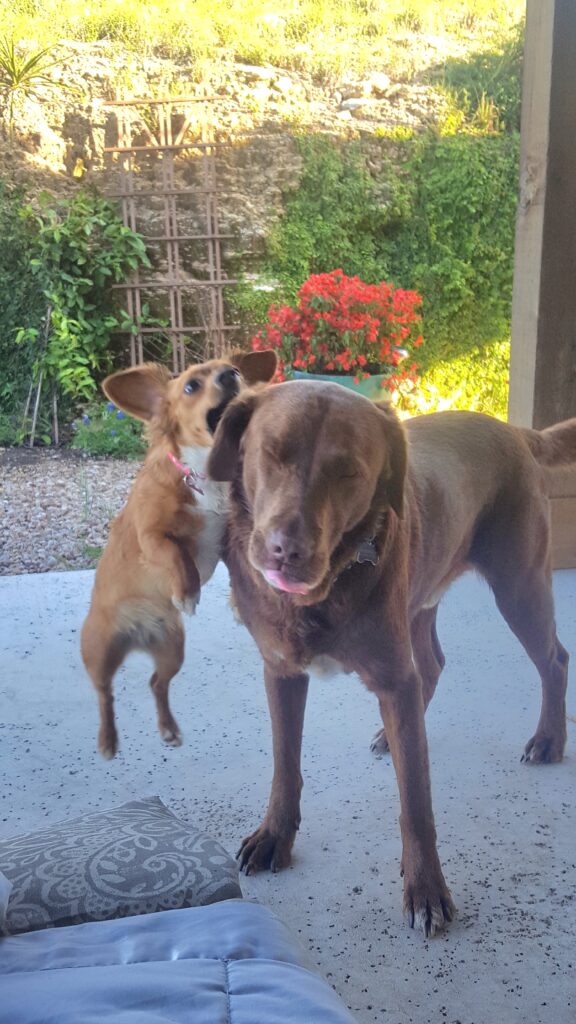
These things made improved our situation some but one thing remained the same: Sister still cannot cope with being alone… and she probably never will. And why should she have to?
THE SCIENCE OF CONNECTION
Dogs, like humans, are hardwired for connection. Once upon a time, they sought both safety and connection by living in packs. Now they largely get those things by living with us. Humans share those same core needs and the science behind human connection even reveals a positive relationship between connectedness and empathy, compassion, and happiness. Conversely, lower levels of connection tend to result in higher levels of depression, anxiety, and chronic pain in people. A researcher from the Stanford Center for Compassion and Altruism Research asserts that “social connectedness generates a positive feedback loop of social, emotional, and physical well-being.” Even canine-to-human connection is mutually beneficial. Studies show that when we snuggle with our pups, we mutually release the same bonding hormone that mothers do with their infants. So our need for connection goes beyond just being a common psychological yearning. It’s a physiological necessity for emotional thriving.

Yes, Sissy’s overattachment to me abated some, but a lot of it merely transferred to Woody, who kept her company during the day, and “Puppy,” who we put in the crate with her each night. And though she no longer threatens to eat people’s faces, she gives all new folks a wide berth and some pro-level side-eye. And I’ve been told— though I wonder if Daddy might be exaggerating a smidge—that if both Woody and I are gone, she turns into a “full-blown-raging-Rosemary’s-Baby-level-psychopath.”
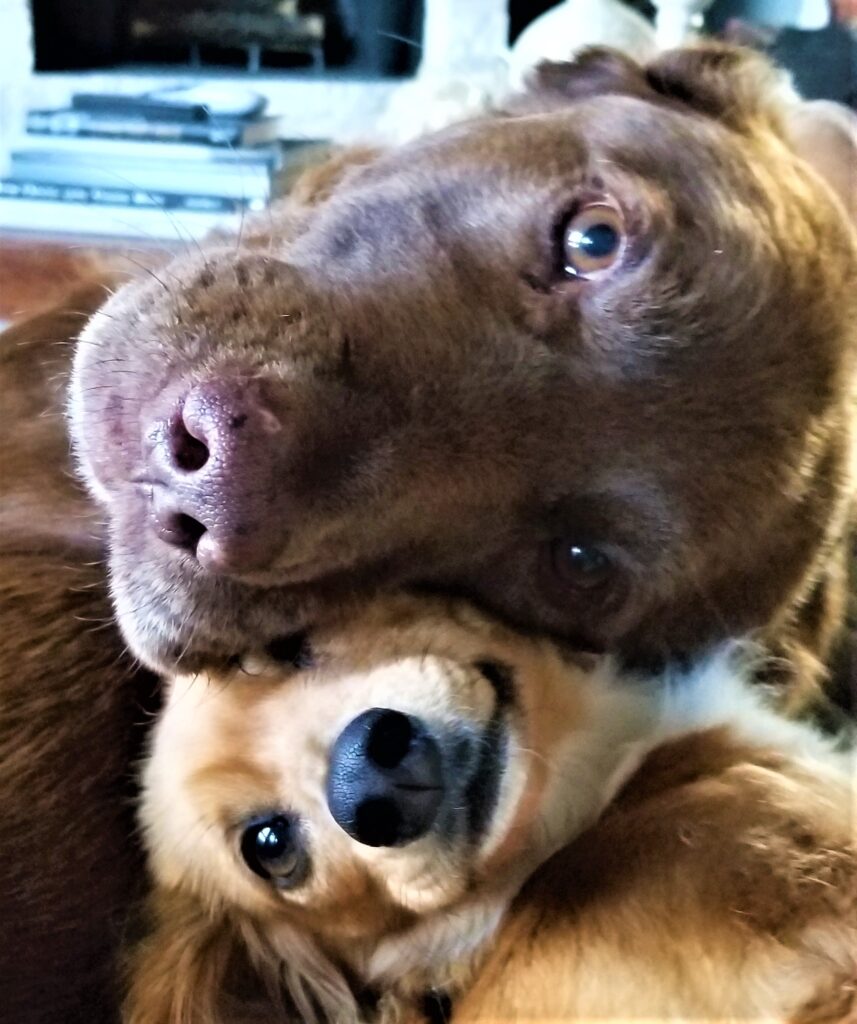
We’re making it work, and we are continuing to make progress. A couple of years ago, she even graduated from needing Puppy or her crate and now just snuggles next to Woody on the couch. But Woody is twelve and a half and even sainted labs don’t live forever. And the harsh reality of the impending loss of that Chocolate Hunk-o-Handsome is augmented by the likelihood that his passing will spike Sissy’s separation anxiety into a whole new stratosphere.
So when we packed up our old house a few months ago—though I purged a lot of her old stuff—I kept Puppy. I finally unpacked the mud room boxes this week, and out he came. Naturally, Sissy was in her usual spot directly under my feet, so I tossed him to her, where she immediately beat the tar out of him and then went to sleep on his chest. I now plan to start incorporating Puppy into our everyday lives again to help ease the coming transition of losing Bubby, but it isn’t much of a strategy. We’ve tried interviewing two different doggy additions to the family, and because Woody is rickety and Sissy is “spicy,” it just didn’t seem like the best solution. If you have any other brilliant ideas, send them my way.
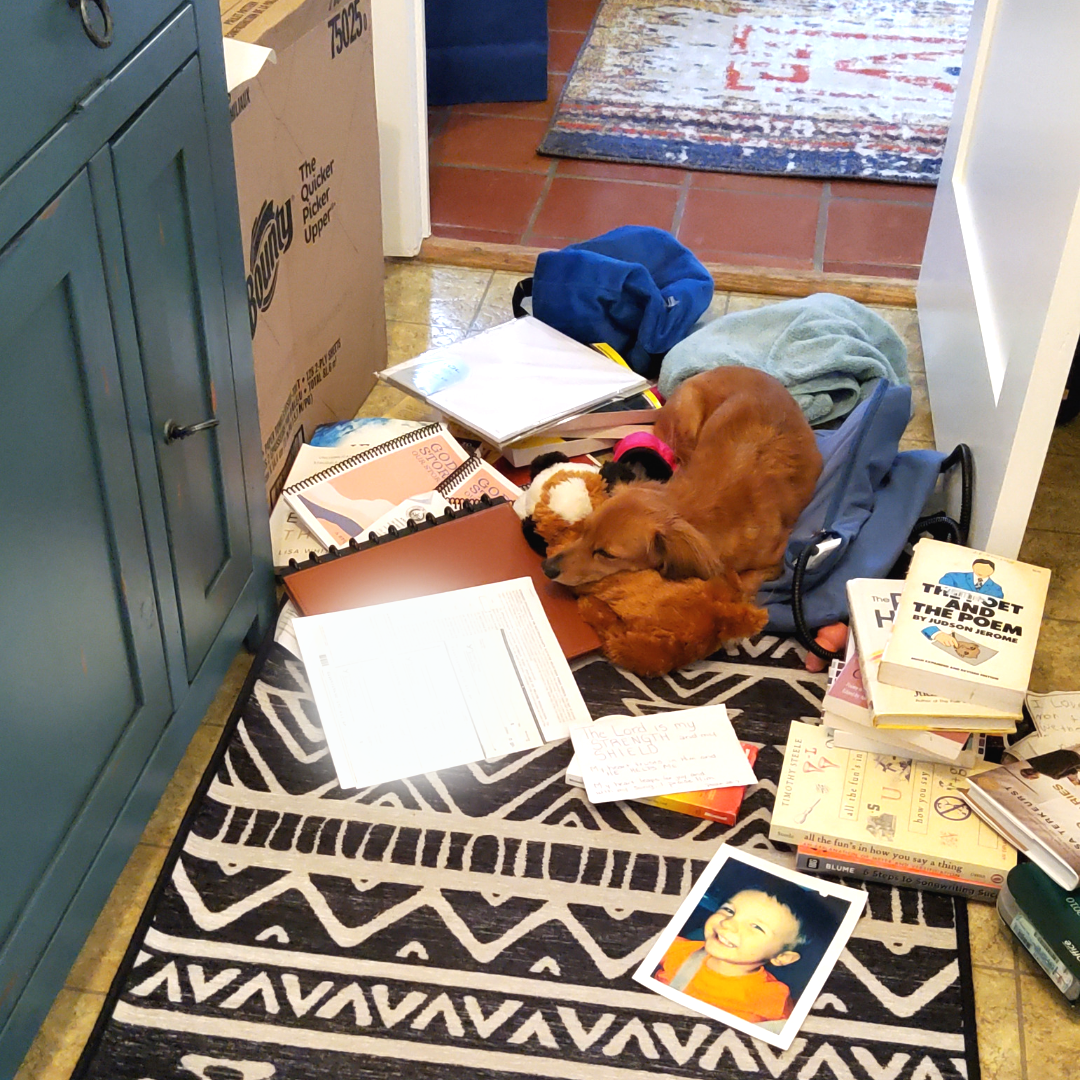
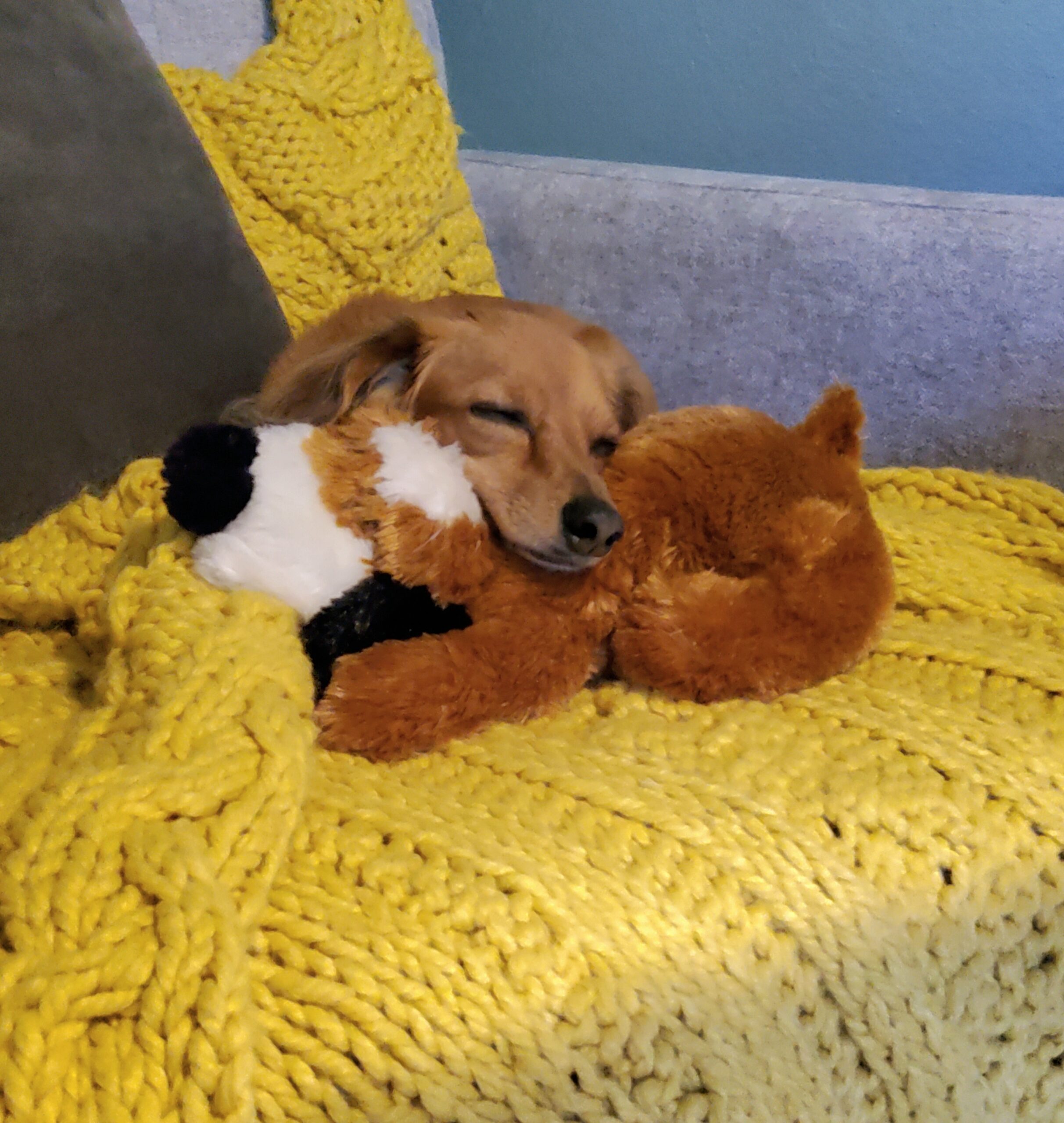
THE SPIRITUAL LESSON
I don’t tell you Sissy’s sob story just to gather advice (although I certainly welcome it) or to help you better understand her (and why you can often hear her howling in the background on the podcast). I share her story because it intersects with ours.
I am doing a lot of deep therapy these days, working through old wounds, muddling through unfelt grief and unresolved anger. And one thing I have learned is that trauma doesn’t just occur when something bad happens to us. Trauma is compacted by feeling ALONE with our hurt.
Dr. Alison Cook refers to trauma as unwitnessed pain and says,
While our souls are designed to heal from painful events, they are not designed to heal in isolation…
Dr. alison cook
Everything I have been learning about spiritual and emotional health over these past few years keeps echoing the same truth: Community is a necessity. Ironically (and understandably,) trauma often sends us running for cover, seeking shelter within ourselves and out of the precarious reach of others. But according to the experts like Dr. Cook and say… JESUS… we are not meant to live, die, or heal alone.
Sometimes, I feel a lot like Sissy. Some hard stuff happened to me early in life that makes me want to give folks a wide berth and some serious side-eye, These experiences created an inner emotional conundrum where I only feel safe being alone and yet hate feeling alone. And after a lifetime of just trying to muscle through my own pain, in my own strength, I’ve found that hurting alone is the fastest way to die slowly. I am now allowing others to bear witness to my pain, and share myself (and my grief) with others. It’s not fun. Or pretty. It involves a lot of vulnerability and snot. But here’s the bottom line: Connection ministers, community salves, and God meant for us to live this life together.
Having another heartbeat near our hurt helps us heal.
Christine chandler prater
THE ENCOURAGEMENT
I don’t know what fears you’re fighting or what wounds you’re hiding. It might be the slow drip of neglect. Maybe it’s a thousand tiny emotional papercuts from living with constant criticism and rejection. Maybe it’s memories that even make it hard to find rest in your own mind or safety in your own body. But here’s what I do know: God sees you and will never leave you. He has also hardwired you for connection with others and commands you into community to help you thrive.
The Lord your God is in your midst; he is a warrior who can deliver. He takes great delight in you; he renews you by his love; he shouts for joy over you. ZEPHANIAH 3:17
I’m new at all of this healing stuff so I am no expert, but I will offer up the lessons I have learned the hard way:
- Connection is a necessity; hiding only exacerbates the hurt.
- We could all benefit from a spiritual mentor and/or gifted counselor.
- Good friends are like manna in the wilderness. Gather your fill.
- Even when we feel alone, we are not. Jesus bears witness to our pain and the Holy Spirit is our constant companion.
- That heartbeat in your chest? It means you belong to someone. You matter in this world. You’re seen and loved and known and cherished by a God who never forgets and never abandons.
You realize, don’t you, that you are the temple of God, and God himself is present in you? No one will get by with vandalizing God’s temple, you can be sure of that. God’s temple is sacred—and you, remember, are the temple. 1 CORINTHIANS 3:16-17
Below are some resources I have found helpful. I would love for you to share what you are learning and how you are healing in the comments below. Also, if you would like some prayer, I would be honored to pray for you. Message me here or DM me on Instagram.
RESOURCES
Books
In a world that preaches a “try harder” gospel―just keep going, keep hustling, keep pretending we’re all fine―we’re left exhausted, overwhelmed, and so numb to our lives. If we’re honest, we’ve been overfunctioning for so long, we can’t even imagine another way. How else will things get done? How else will we survive?
It doesn’t have to be this way.
Relationships are wonderful … until they’re not.
Is it unloving or selfish to set a boundary? And what does the Bible instruct us to do when a relationship is no longer safe or sustainable? Lysa TerKeurst deeply understands these hard questions in the midst of relational struggles. But after thousands of hours of counseling intensives and extensive theological research that transformed the way she defines healthy relationships, Lysa is now more committed than ever to loving people well without losing the best of who she is. She wants to help you do the same.
We all want to give the best of ourselves to others. But, what happens when others take advantage and get the best of us?
How do you care for family, friends, and co-workers without letting your own needs get pushed to the back-burner?
The Best of You reveals a breakthrough strategy to develop your voice, set wise limits, and still be a loving person. For over 20 years, Dr. Alison has integrated faith and psychology to help women reclaim their confidence, find their purpose, and enjoy healthy relationships.
We all carry regret, hurt, and fear. These are burdens that weigh us down and make us feel trapped.
In twenty-five years of pastoral ministry, Scott Sauls has come alongside countless individuals and communities through weary seasons and circumstances. From his own seasons of regret, hurt, and fear—including battles with anxiety and depression—he knows what it’s like to be unfinished and on the mend under Jesus’ merciful, mighty healing hand.
Many believers feel stunted in their Christian growth. We beat ourselves up over our failures and, in the process, pull away from God because we subconsciously believe He tallies our defects and hangs His head in disappointment. Brennan Manning reminds us that nothing could be further from the truth. The Father beckons us to Himself with a “furious love” that burns brightly and constantly. Only when we truly embrace God’s grace can we bask in the joy of a gospel that enfolds the neediest of His flock—the “ragamuffins.”
Are you bedraggled, beat up, burnt-out?
Preachers preach it. Theologians analyze it. Then we forget about it. But Chuck Swindoll’s best-selling classic, The Grace Awakening, can awaken you to the untapped wonders of grace . . . as it has for hundreds of thousands of readers. Allow these wonders to make a difference in the way you live and love and to turn ho-hum religion into an intimate relationship with a loving God!
Bibles
New to the Bible or struggle with feeling like God is distant?
The Message is a reading Bible translated from the original Greek and Hebrew Scriptures by scholar, pastor, author, and poet Eugene Peterson. Thoroughly reviewed and approved by twenty biblical scholars, The Message combines the authority of God’s Word with the cadence and energy of conversational English.
God’s Word Read Over You!
I am a huge fan of the Dwell Bible App. You can listen to and learn from Scripture in a totally immersive way. From Bible-in-a-Year plans to carefully cultivated playlists to help you pray, sleep, and heal, this is a wonderful way to spend time in God’s word. They also have several different readers (I am partial to David’s narration because I find his voice so soothing!)
Other Resources
Boundaries.Me is your best option for mental health coaching by providing you with videos and thinking tools created by New York Times best-selling author and clinical psychologist Dr. Henry Cloud. You will learn how to apply the research-backed techniques that have helped thousands heal and thrive by following a personalized learning path, connecting with Dr. Cloud daily and joining a private support community.
From Lysa: Have you ever looked at a situation you’re facing in utter disbelief and thought, How will I ever get over this? I understand. After years of heartbreak and emotional trauma, I’ve realized it’s not just about getting over hard circumstances but learning how to work through what I’ve walked through. And I’d love to help you do the same. That’s why I’ve teamed up with my personal, licensed professional counselor, Jim Cress, alongside Director of Theological Research at Proverbs 31 Ministries Dr. Joel Muddamalle to bring you Therapy & Theology. While Jim, Joel and I tackle some really hard topics, you’ll soon find we’re just three friends having a great conversation and learning from each other along the way.
Tap into the world’s largest network of licensed, accredited, and experienced therapists who can help you with a range of issues including depression, anxiety, relationships, trauma, grief, and more. With our therapists, you get the same professionalism and quality you would expect from an in-office therapist, but with the ability to communicate when and how you want.
ABOUT THE AUTHOR
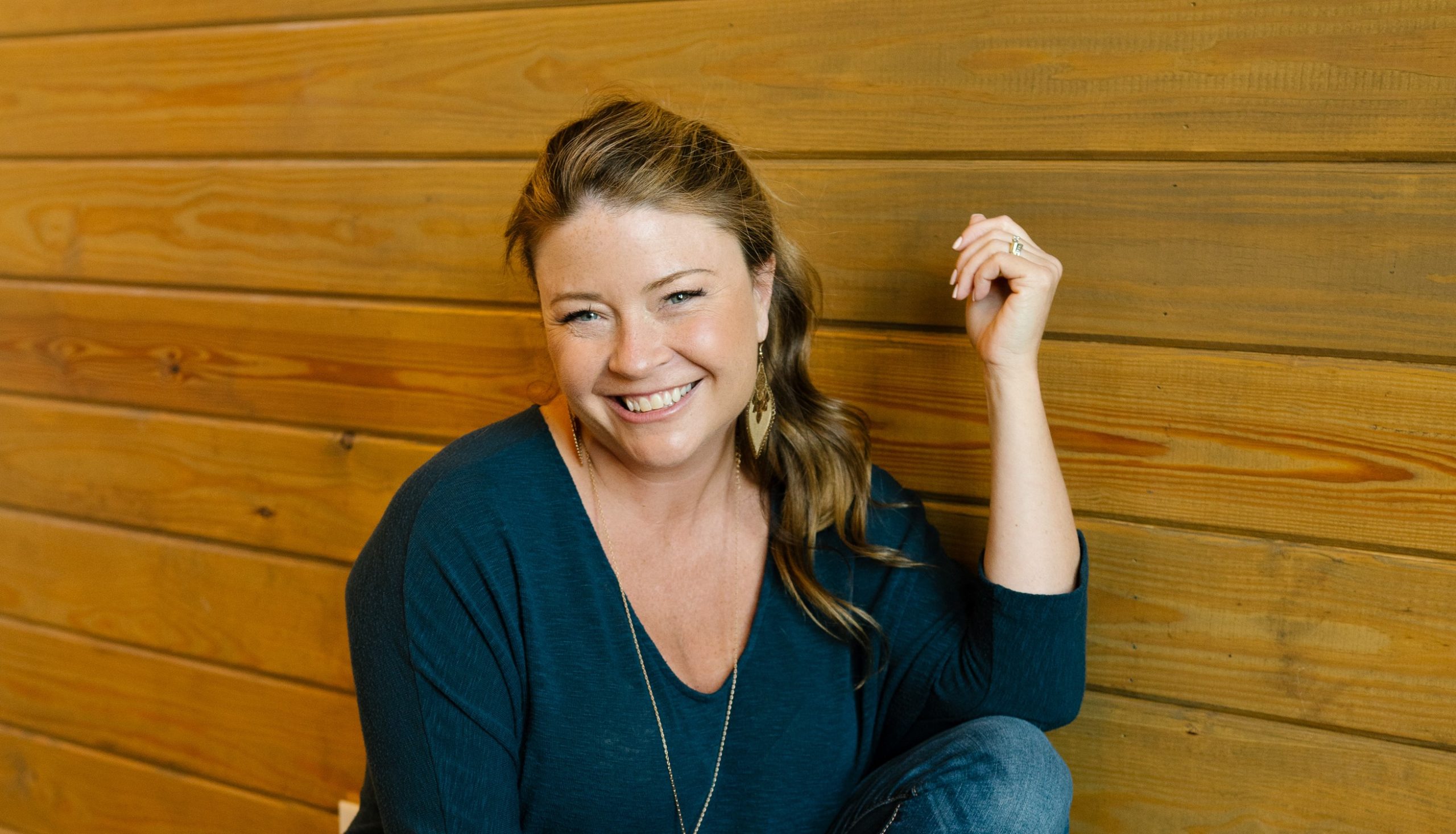
CHRISTINE CHANDLER PRATER
Christine is a poet, lyricist, theology geek, and founder of The Holy Shift. She is a graduate of Dallas Theological Seminary and loves to ponder tough questions and challenging truths through art, story, and humor. Christine lives near Austin, Texas with her hunky hubby and two fur-babies (one sinner, one saint). She’s an awkward-conversations enthusiast and loves anything that takes place outdoors. Or requires words.
We love to collaborate with creatives. Connect with us to have your work featured on The Holy Shift.

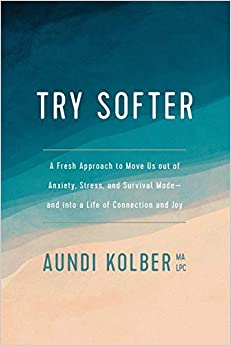
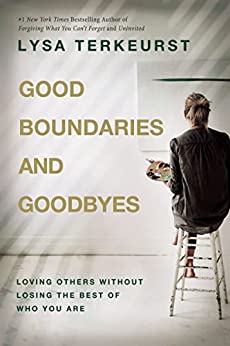
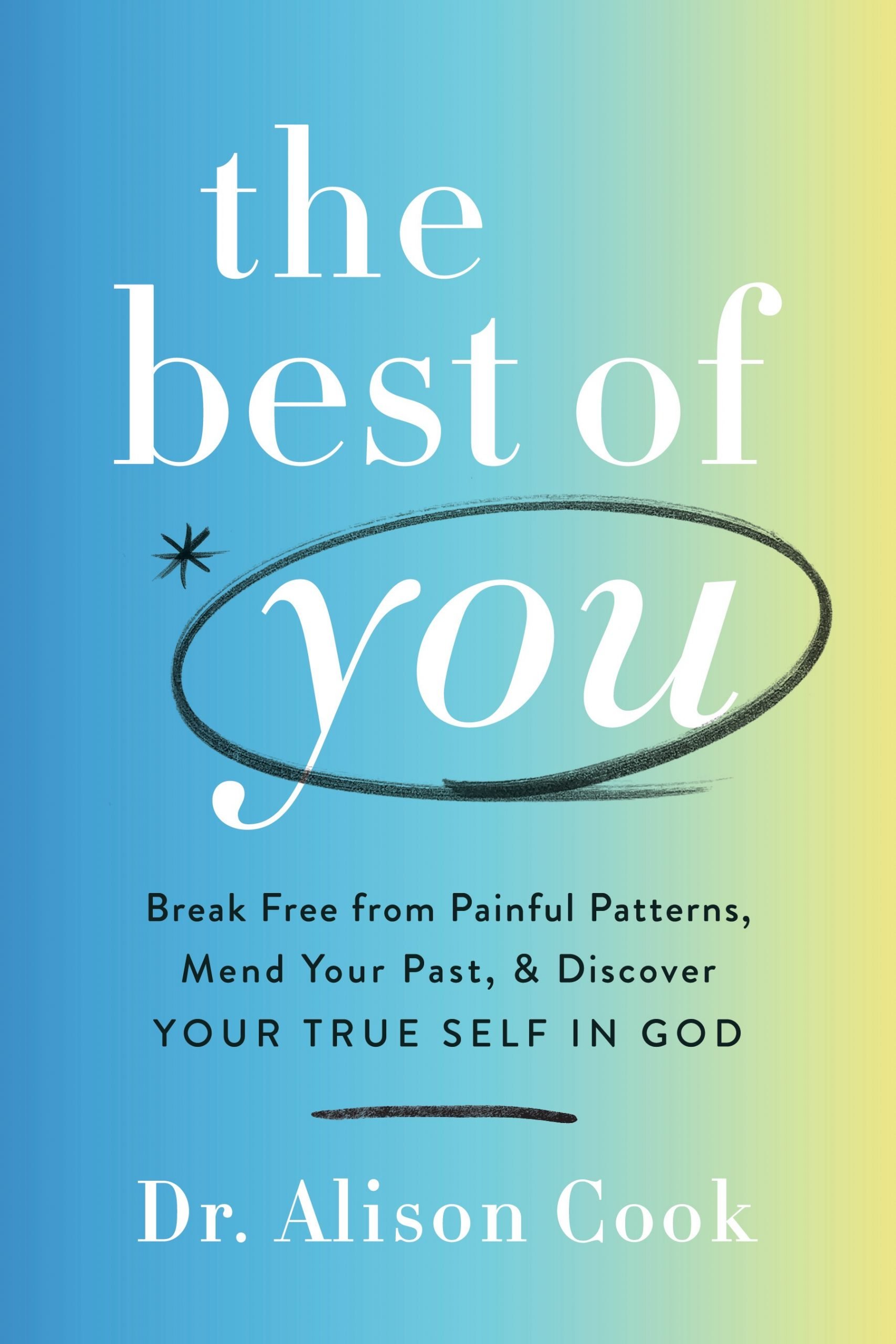

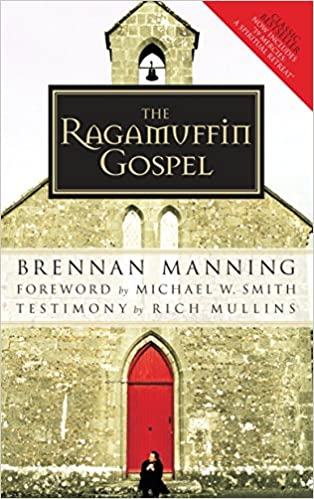
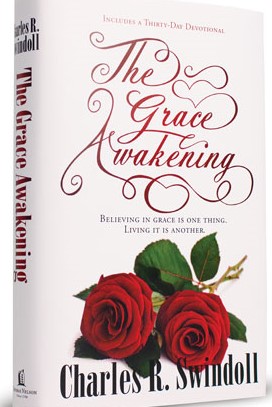
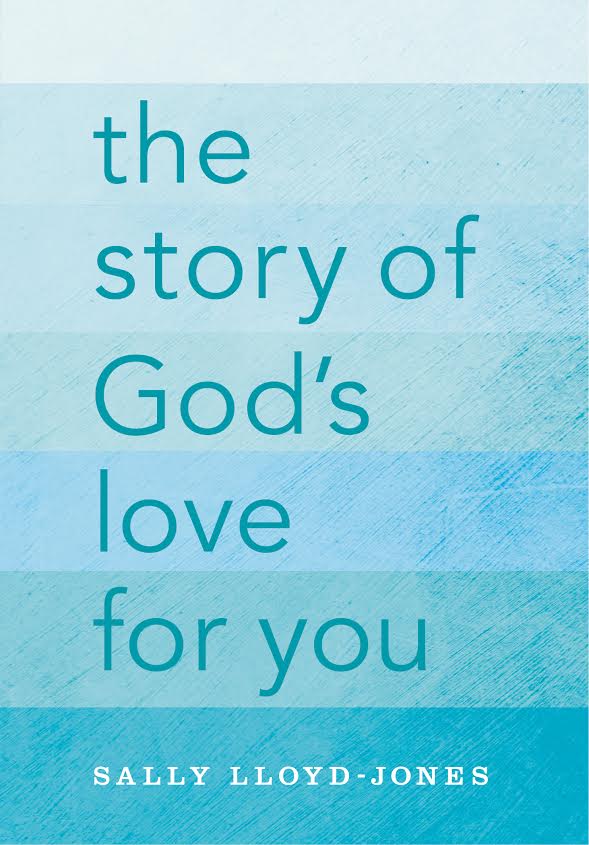
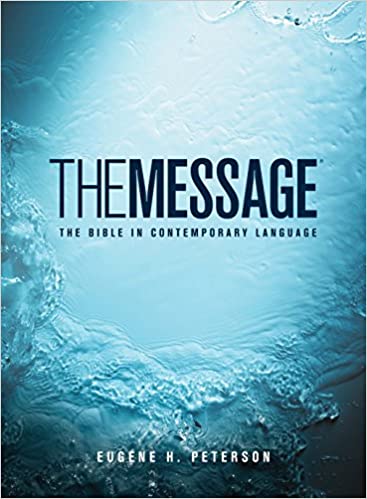

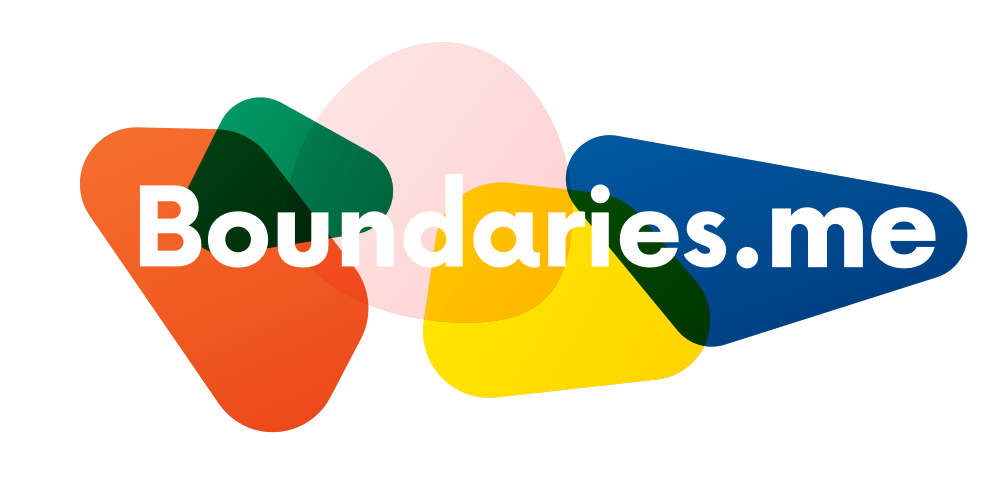
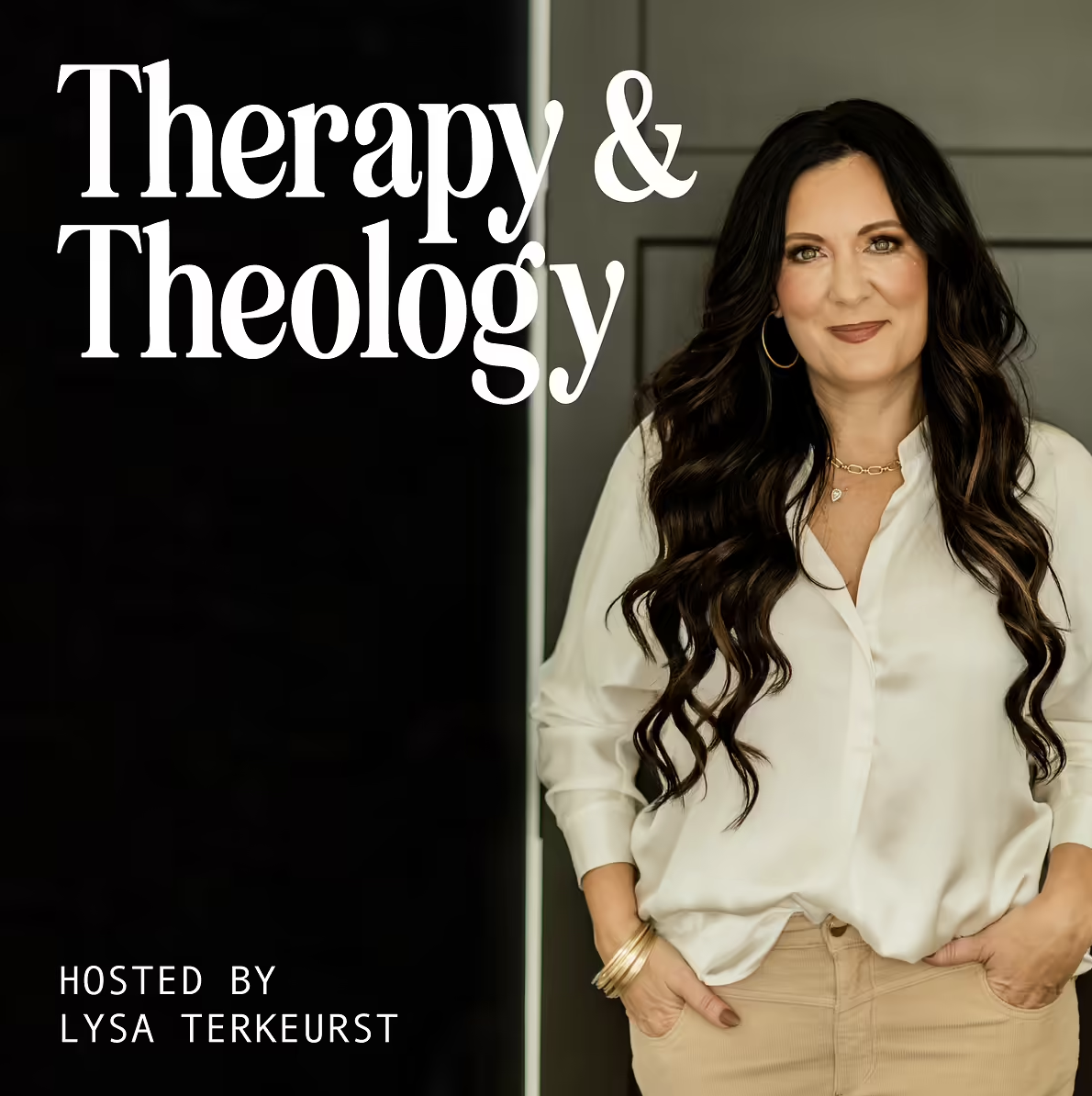


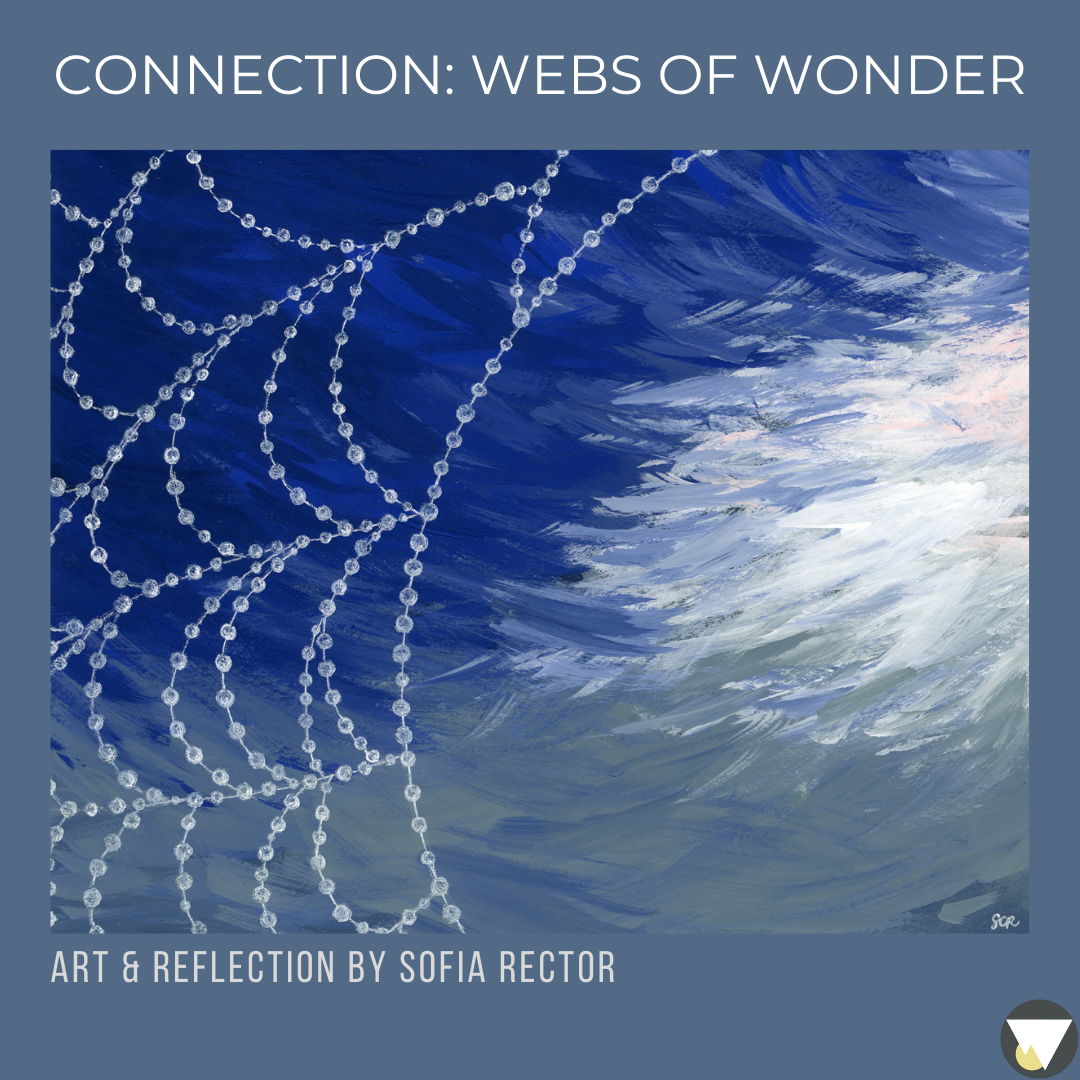
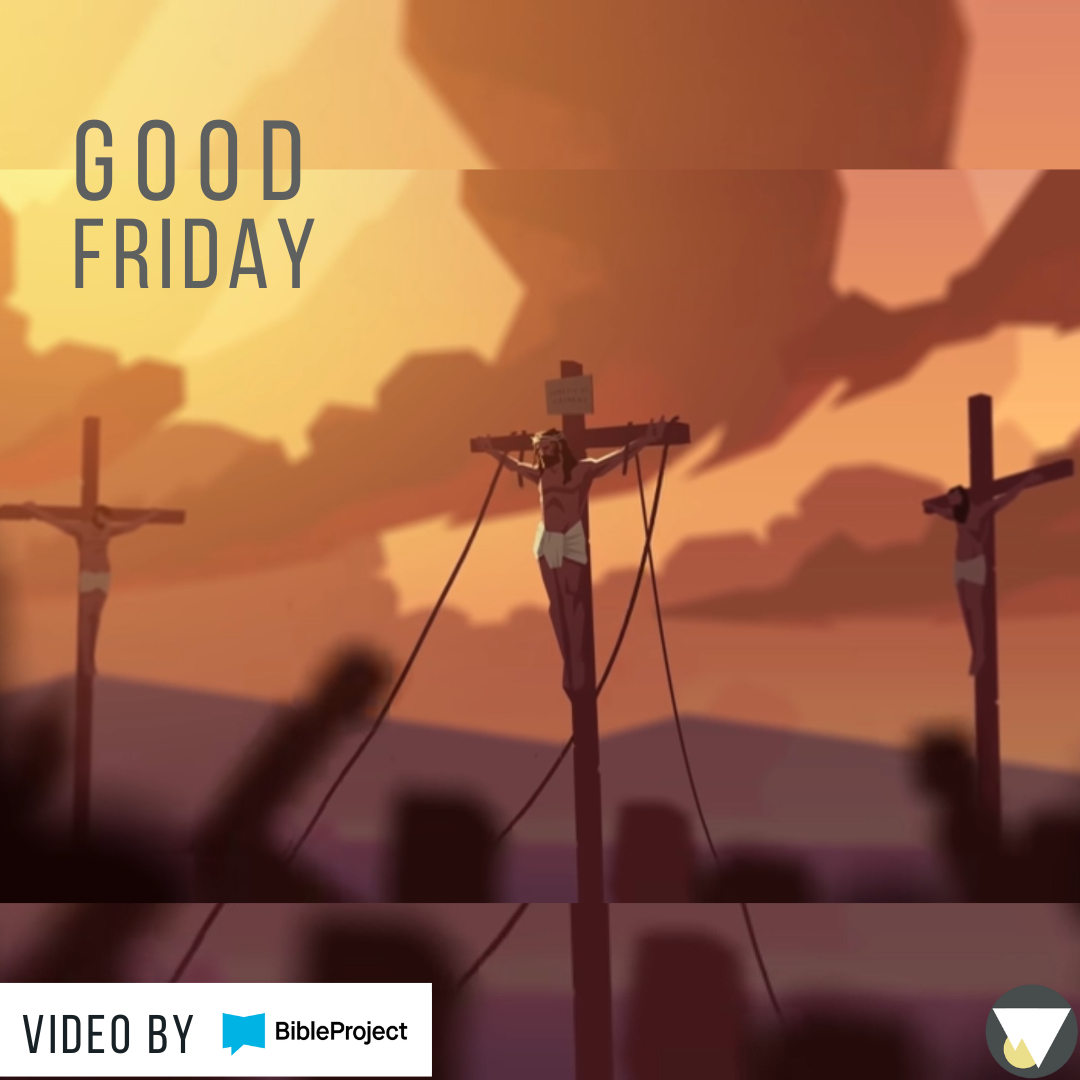
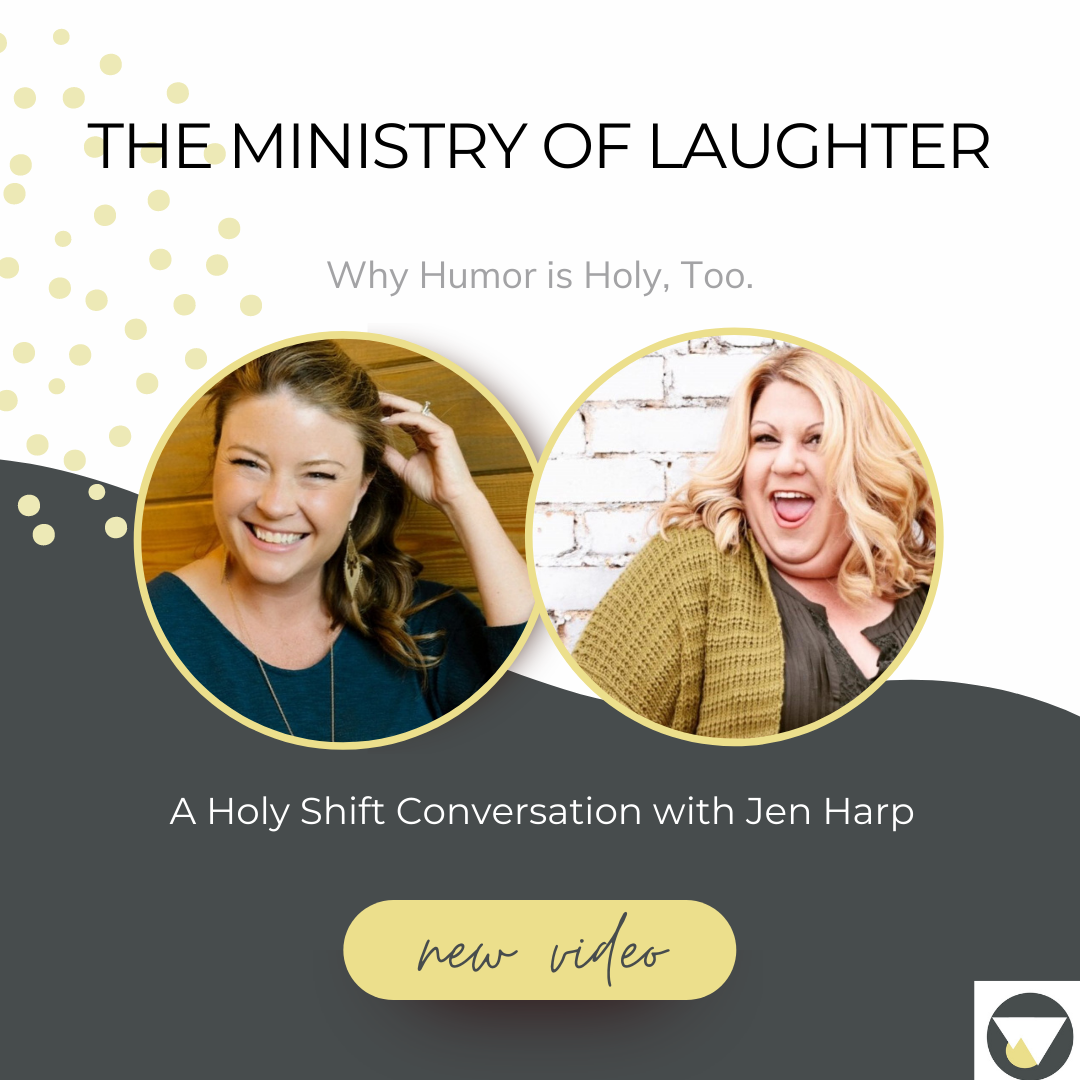
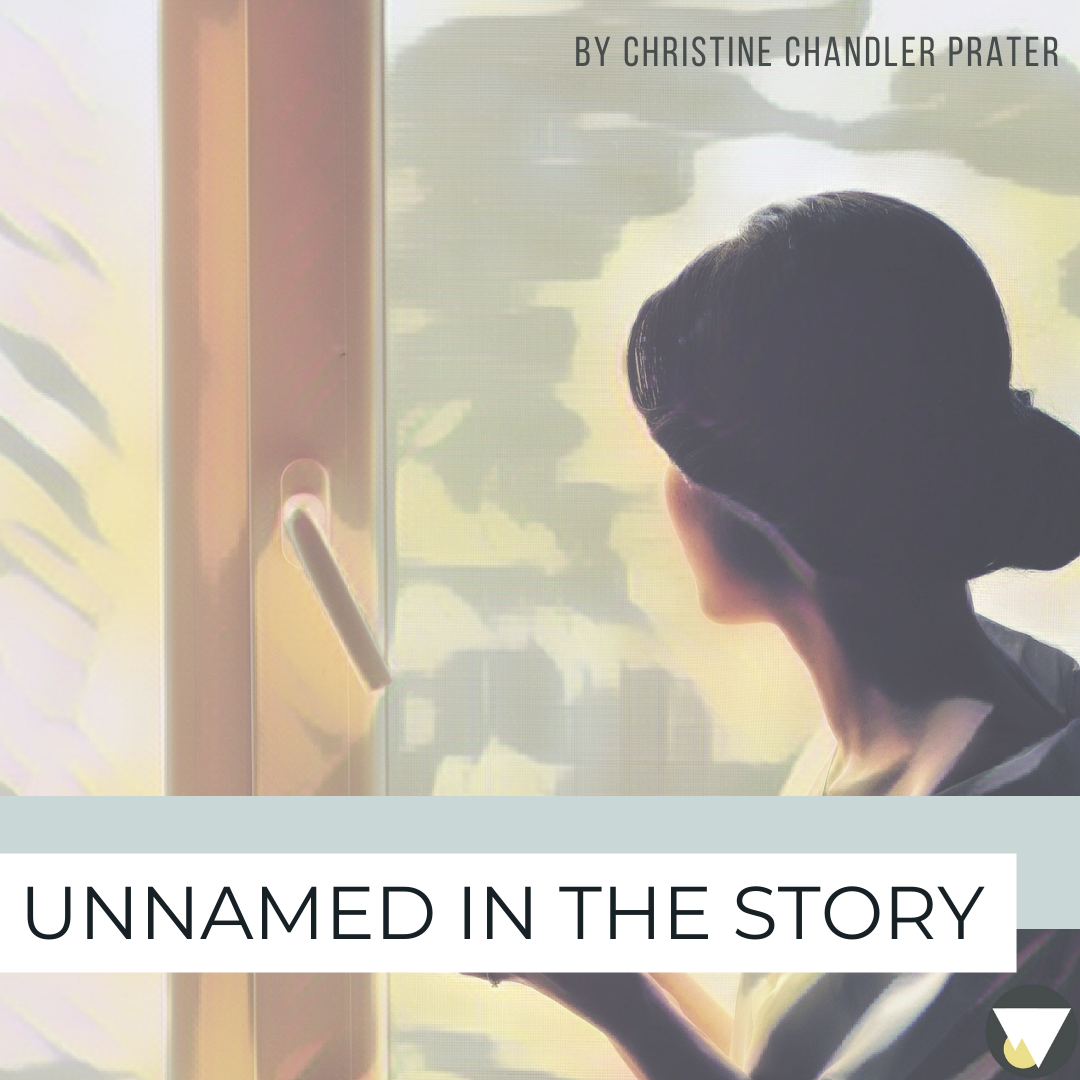
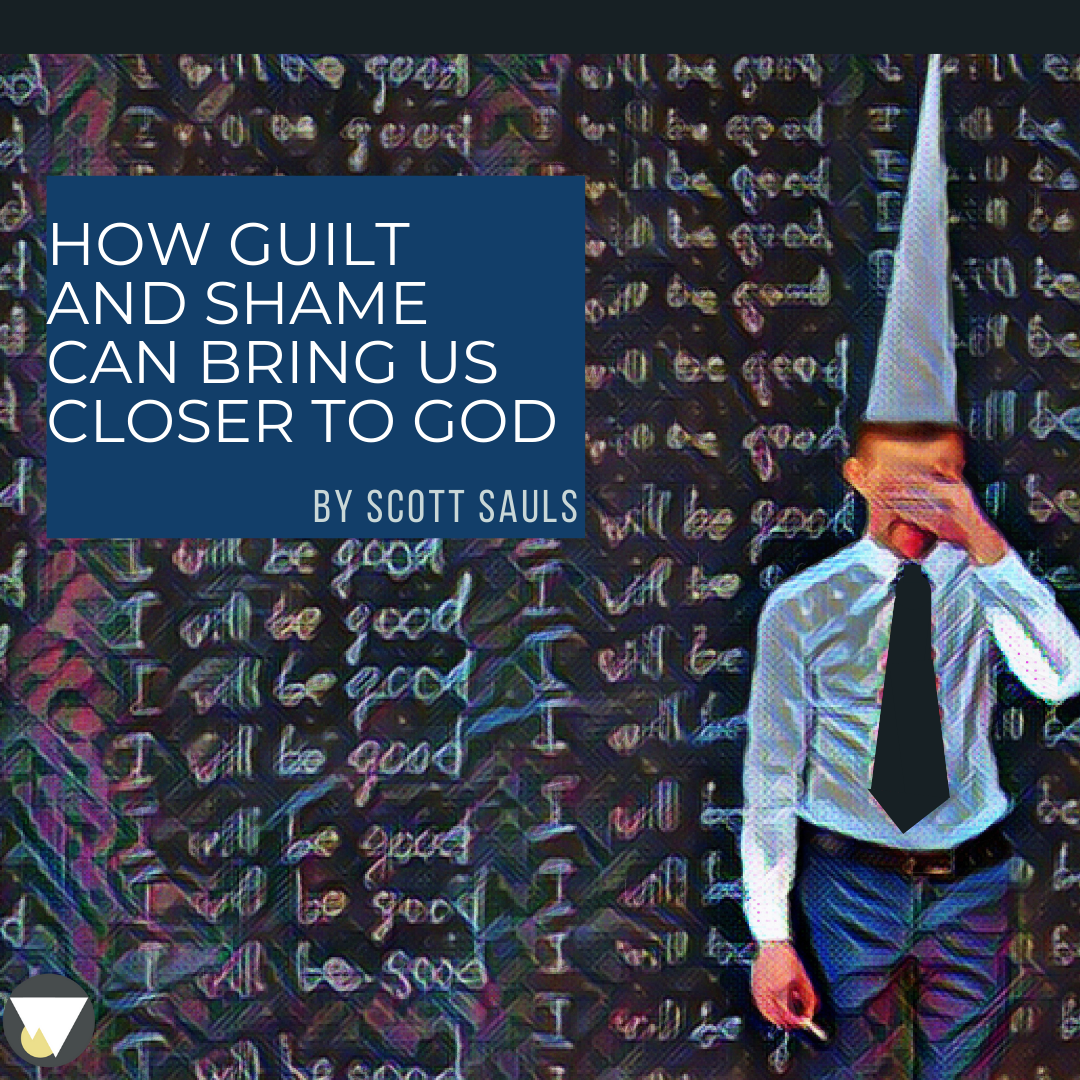
Loved this post Christine! So much encouragement and good help here (not to mention good writing):)
Blessings,
Nancy
Thanks so much, Nancy! Glad you found it encouraging!